Optimal Timing for Turf Field Installations
Timing plays a critical role in successful turf field installations. Optimal periods depend on climate conditions, project scope, and soil preparation requirements. Proper scheduling ensures efficient installation processes and long-lasting results.
Spring offers moderate temperatures and longer daylight hours, facilitating installation and curing processes. It reduces the risk of weather-related delays.
While summer provides ample sunlight, high temperatures may affect curing times and soil conditions. Proper planning can mitigate heat-related challenges.
Fall allows for installation before winter, with cooler temperatures aiding soil stabilization. It also provides a window before winter weather impacts the site.
Winter is generally unsuitable for turf installation due to cold temperatures, frozen ground, and shorter daylight hours, which can hinder proper installation and curing.
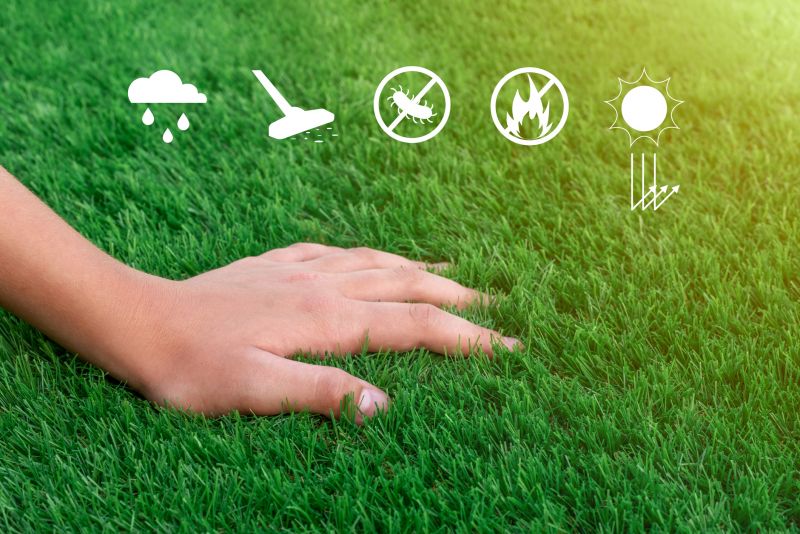
Image depicting turf installation in spring with lush greenery and optimal weather conditions.
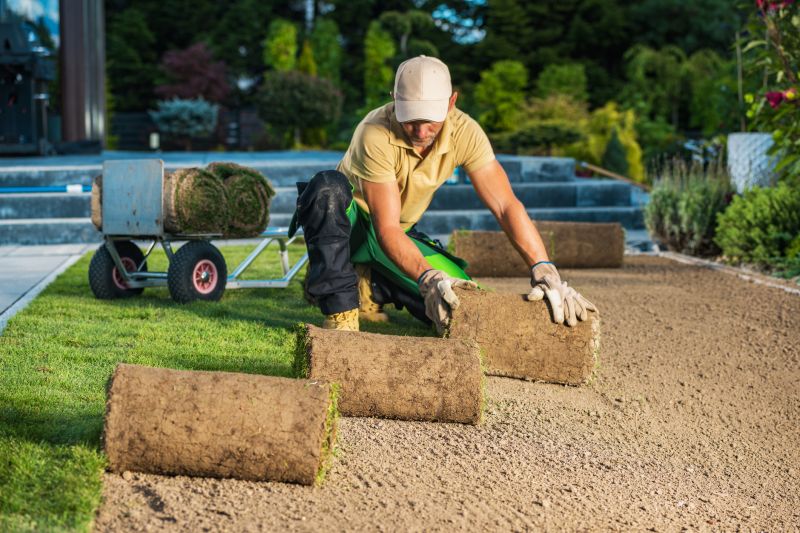
Image showing turf installation during summer heat with workers managing soil and turf layout.
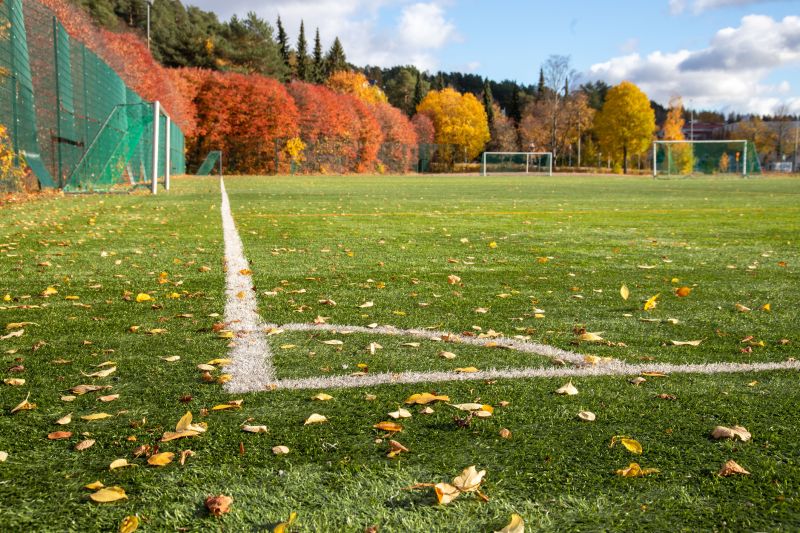
Image illustrating turf being installed in fall with cooler weather and prepared soil.
Turf field installations require careful planning to ensure optimal results. The process involves site preparation, soil conditioning, drainage setup, and turf laying. Proper timing minimizes disruptions and enhances turf longevity. Weather conditions such as rainfall, temperature, and ground frost significantly influence the scheduling of installation activities.
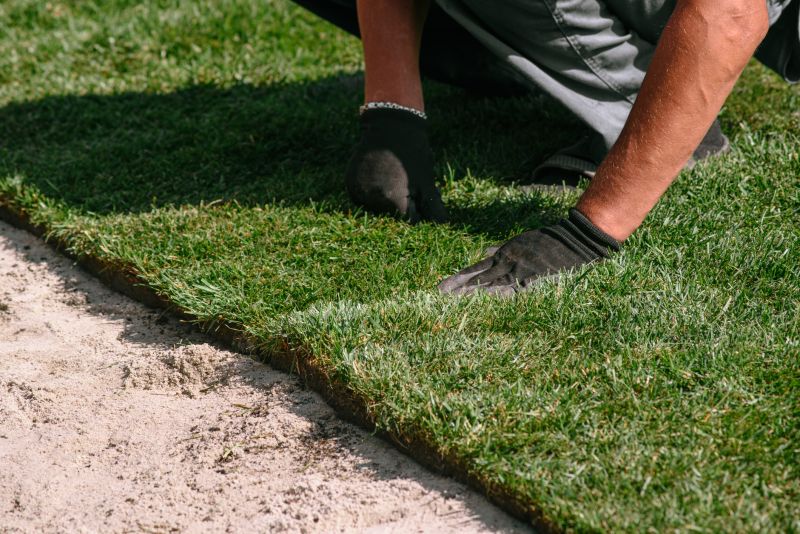
Image of soil grading and leveling prior to turf installation.
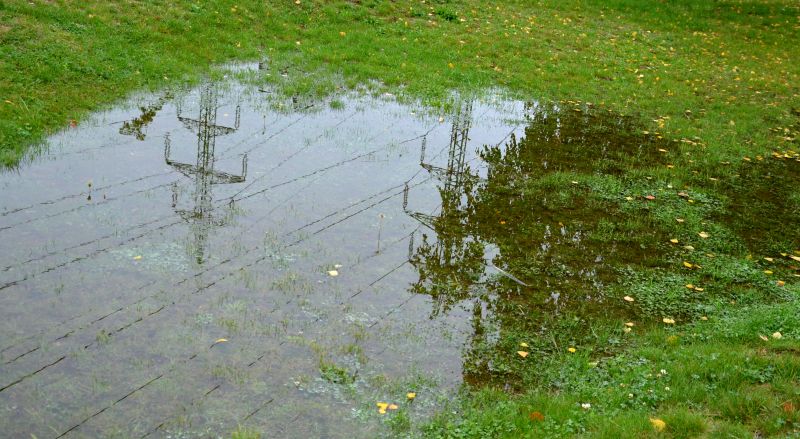
Image showing drainage installation for turf fields.
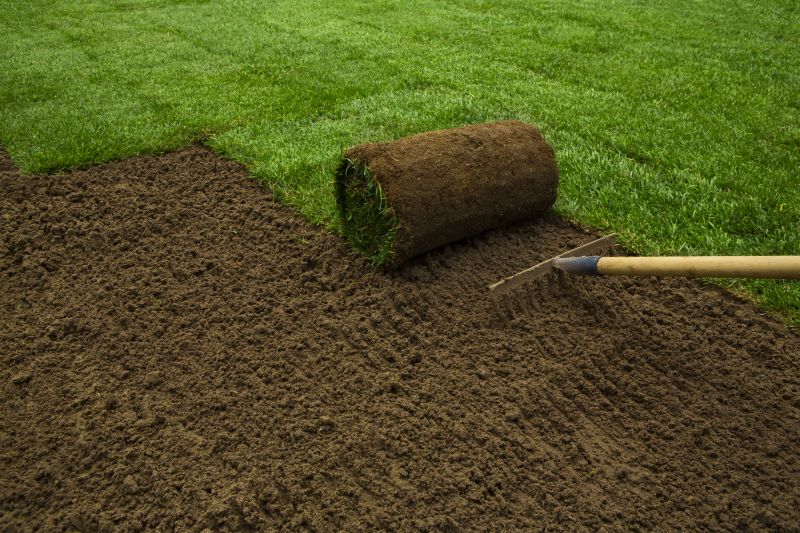
Image capturing the process of laying turf rolls on a prepared field.
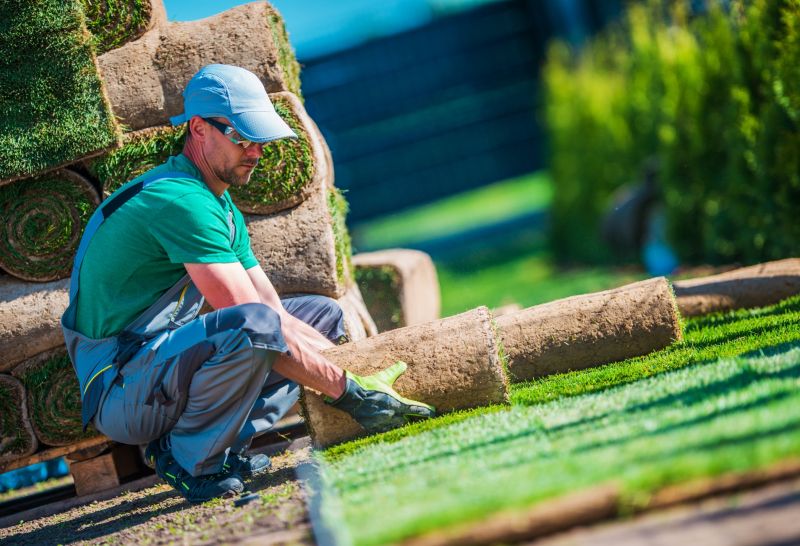
Image of completed turf field ready for use.
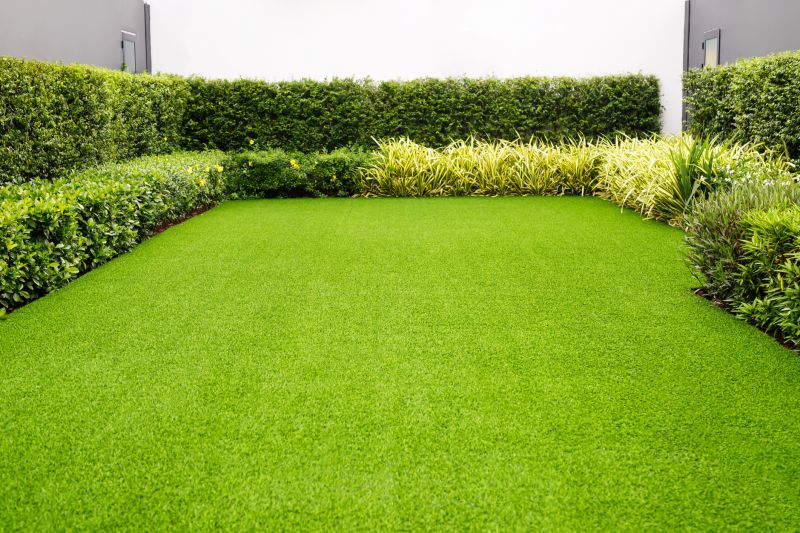
Ways to make Turf Field Installations work in tight or awkward layouts.
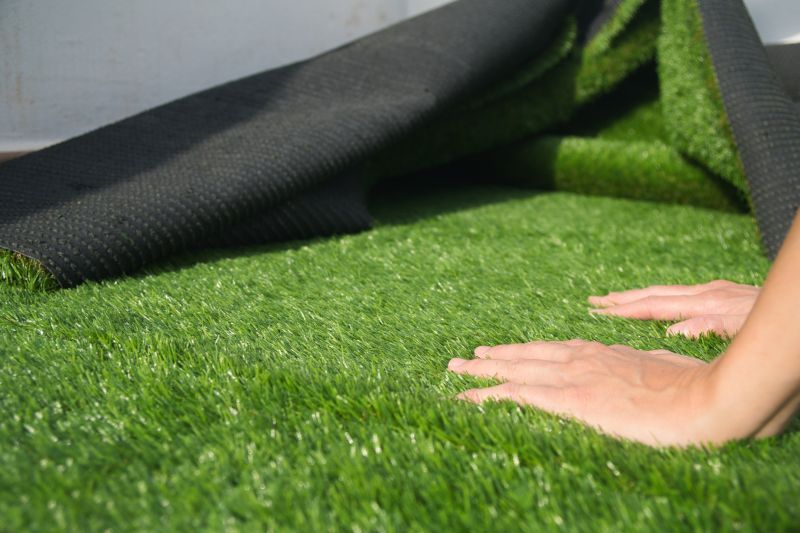
Popular materials for Turf Field Installations and why they hold up over time.
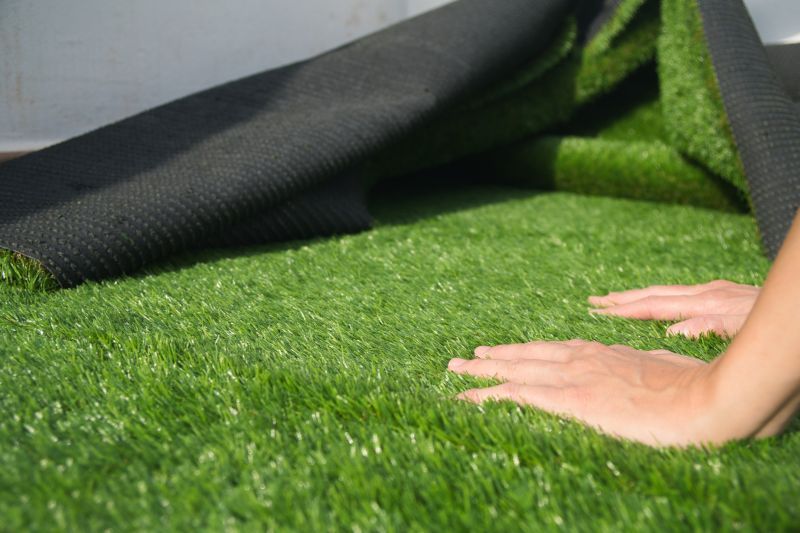
Simple add-ons that improve Turf Field Installations without blowing the budget.
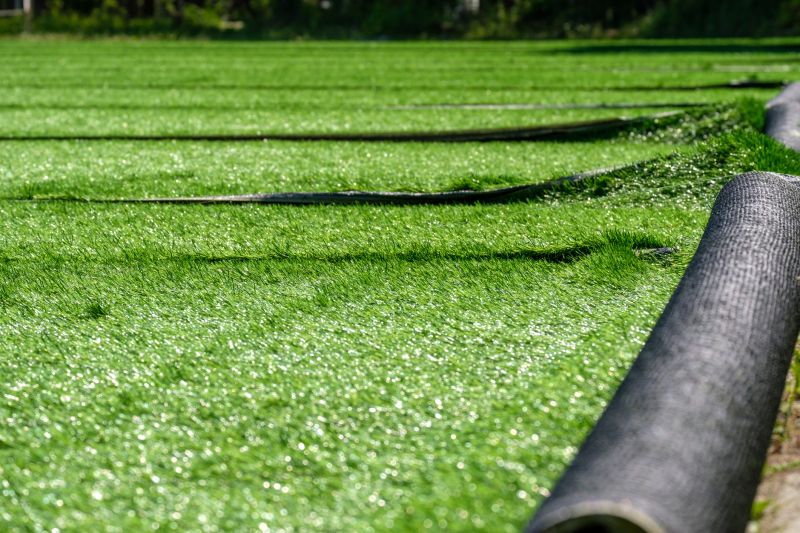
High-end options that actually feel worth it for Turf Field Installations.
| Season | Best Conditions |
|---|---|
| Spring | Moderate temperatures, longer days, ideal for curing and installation. |
| Summer | Requires precautions against heat, but feasible with early morning or late afternoon work. |
| Fall | Cooler weather, suitable for installation before winter. |
| Winter | Generally unsuitable due to cold, frozen ground, and limited daylight. |
Choosing the appropriate time for turf field installation depends on local climate patterns and project timelines. Proper scheduling ensures optimal soil conditions, reduces delays, and enhances turf durability. Consulting with installation professionals can help determine the most suitable period based on specific site conditions.
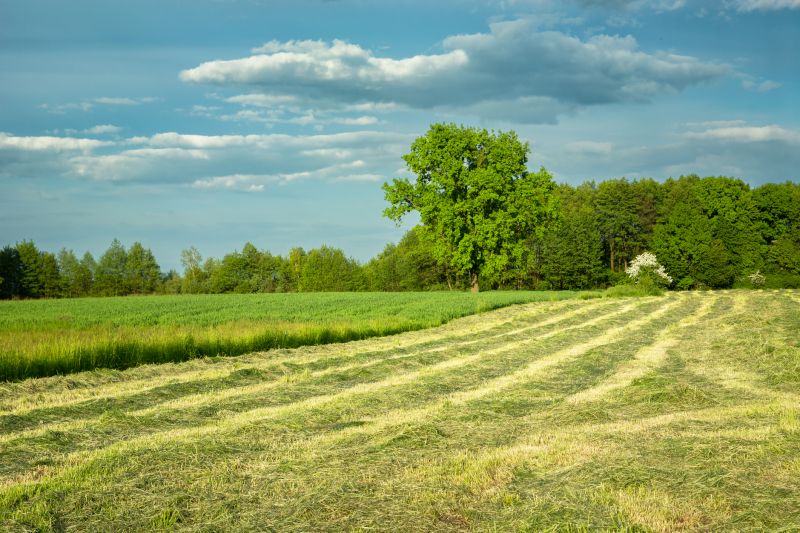
Image of a finished turf field in optimal condition.
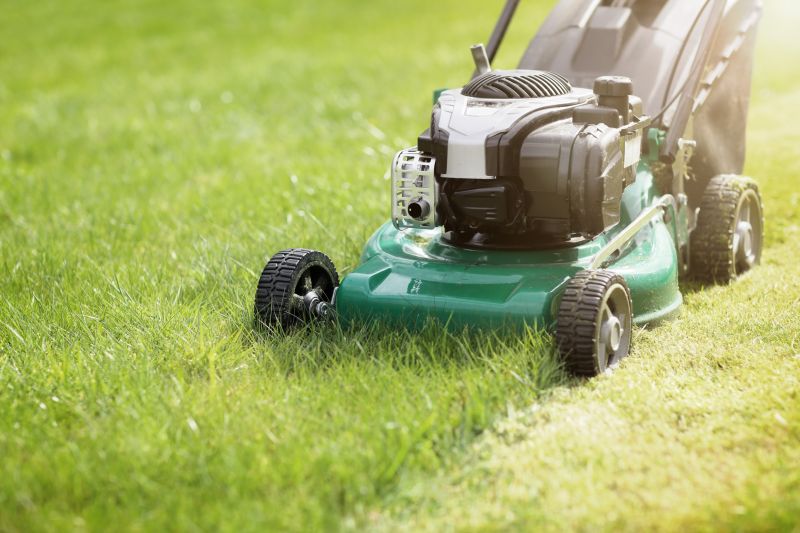
Image showing tools used for turf maintenance post-installation.
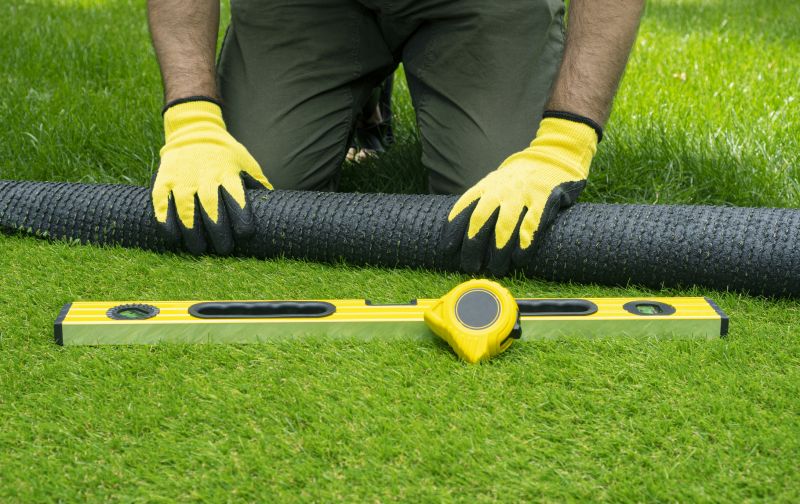
Image of professionals laying turf on a prepared field.
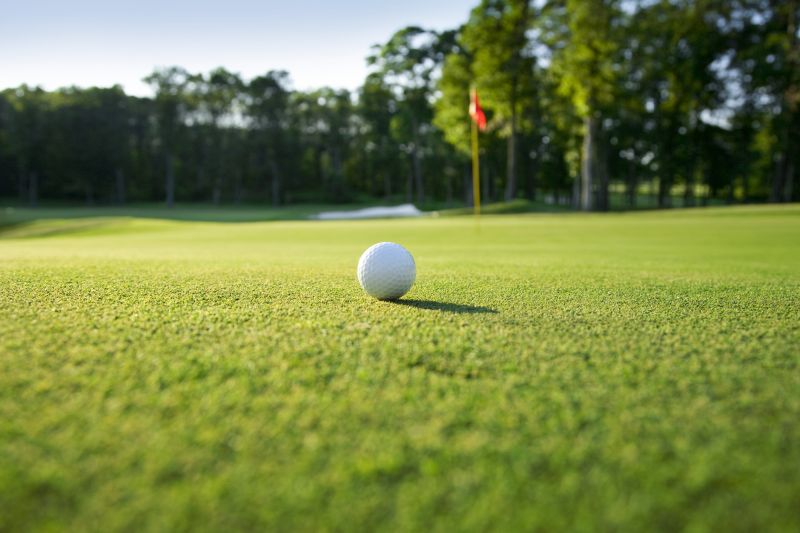
Image of a completed turf field prepared for use.
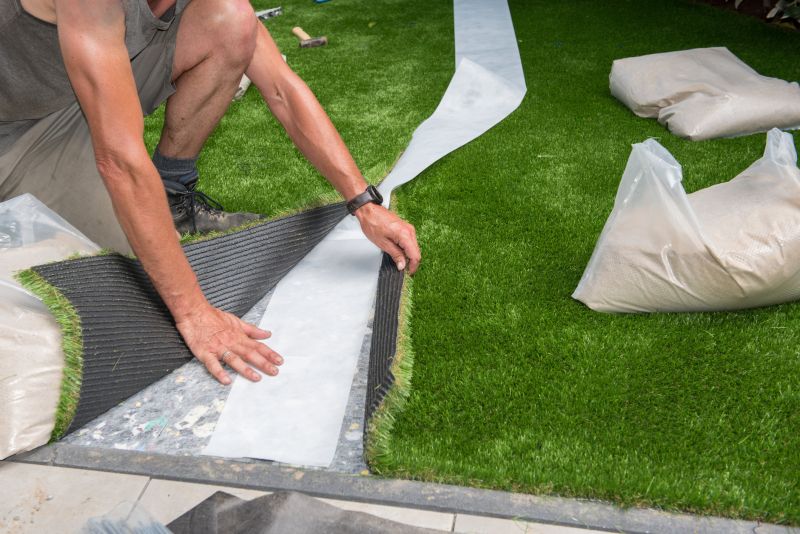
Finishes and colors that play nicely with Turf Field Installations.
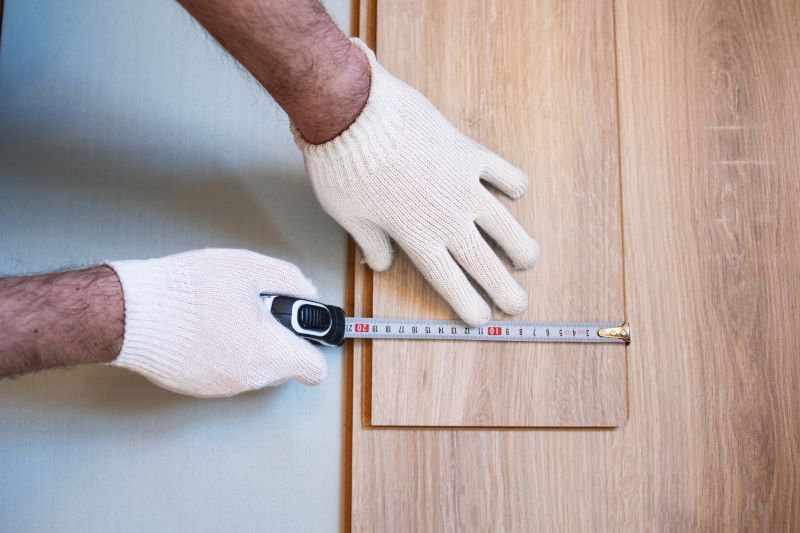
Little measurements that prevent headaches on Turf Field Installations day.
Interested in turf field installations? Filling out the contact form provides the opportunity to discuss project specifics, scheduling options, and site assessments to ensure a successful installation tailored to the desired timeline.



